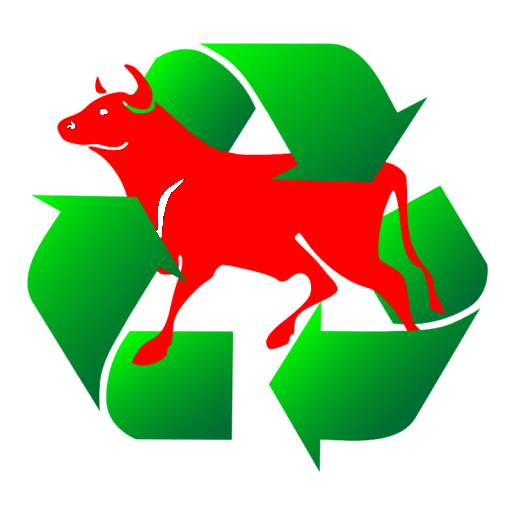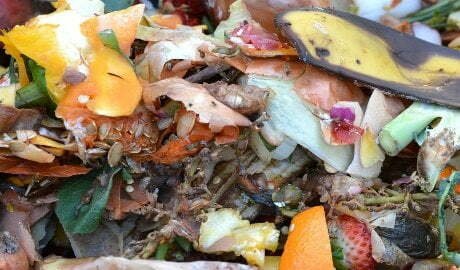Bio-waste in Europe-turning challenges into opportunities
Reducing and recycling food and garden waste to boost Europe’s circular economy
Bio-waste is one of the key waste streams in Europe and holds great potential for the circular economy. According to the European Environment Agency’s new assessment, reducing and using bio-waste could cut emissions, improve soils and provide energy. Recycling bio-waste is also key for meeting the European Union’s target to recycle 65 % of municipal waste by 2035.
European Environment Agency

Bio-waste has considerable potential to contribute more widely to the circular bioeconomy through, for example, being processed into fertiliser, soil improvers and non-fossil fuels. Under the EU’s circular economy action plan (EC, 2015b), efforts to use bio-waste as a resource have gained additional traction, and technical developments going beyond the current end products of bio-waste treatment, such as biogas and compost, are emerging. Other new or revised rules relevant to bio-waste and its resource-efficient use include the Fertilising Products Regulation, amended in 2019 (EU, 2019b) and the Single-Use Plastics Directive (EU, 2019a). Food waste is also included in the European Commission’s monitoring framework of indicators for the circular economy (EC, 2017)
EEA Report No 04/2020

